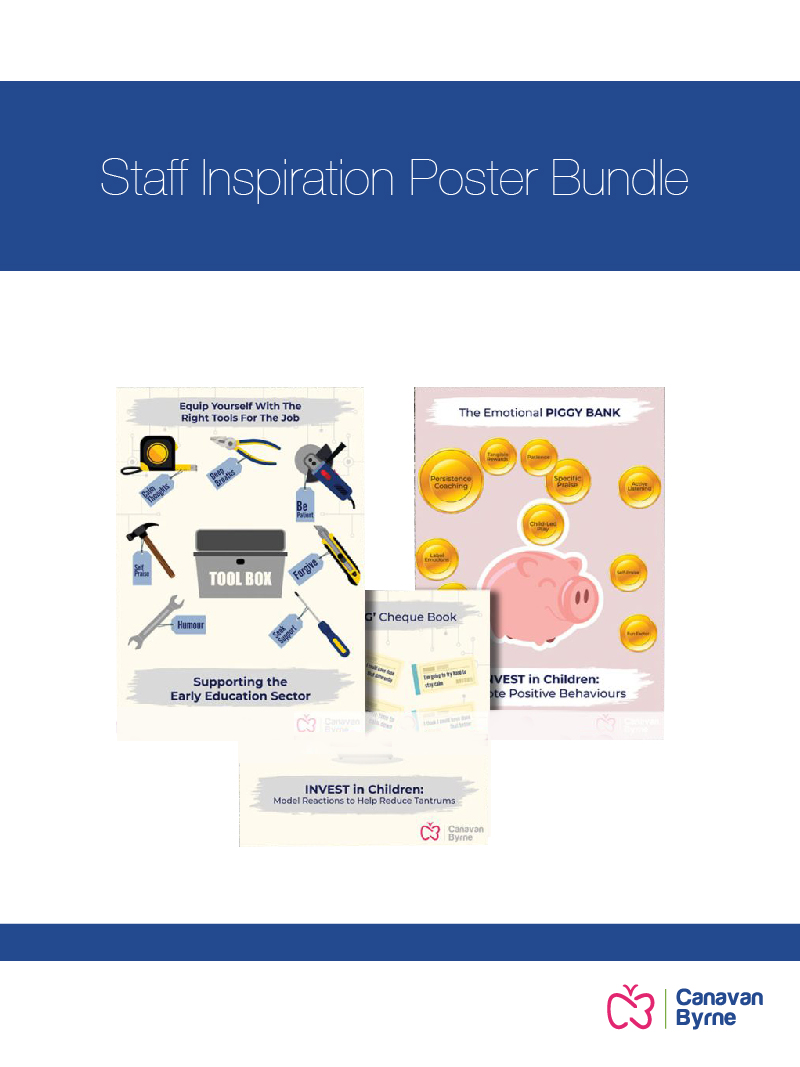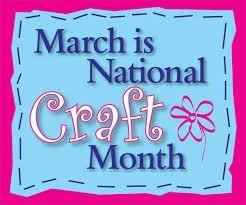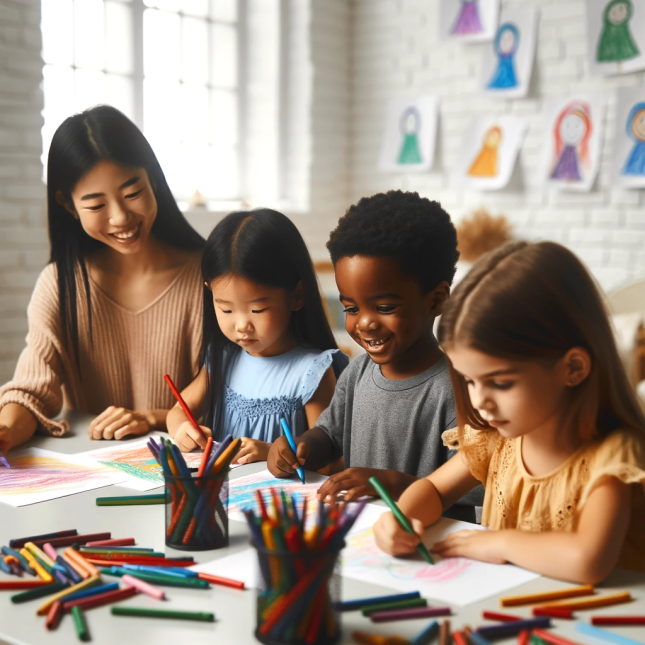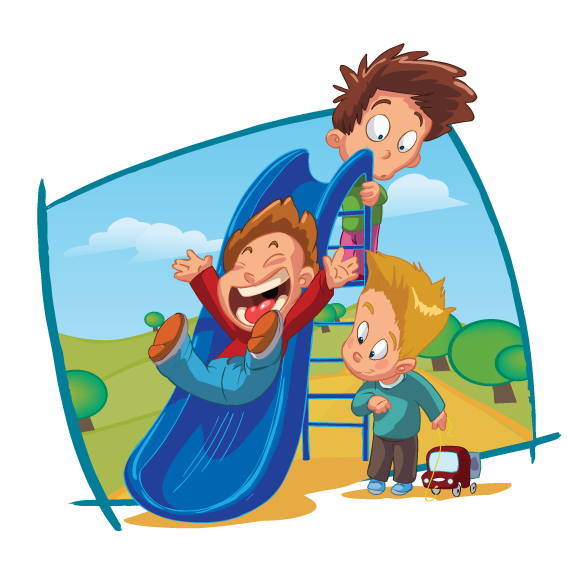Positive Mental Health should be encouraged from a very young age and promoting and practicing it should be central to your every day teaching. Keeping little bodies healthy is something that we are conscious of but what about keeping little minds healthy?
The impact COVID-19 may have had on children is becoming more evident as we slowly begin to rebuild a sense of social normality. Children have lived through an unprecedented segment of history as a result of the pandemic. For some, this has caused heightened levels of stress, anxiety and uncertainty as a result of the necessary changes that occurred over an extended period of time.
Many families struggled to balance the effects of the restrictions put in place in the interests of public health. When normal routines change without adequate notice, some children may require a greater level of security and consistency that some families/parents/care-givers were unable to provide as per usual due to the overall pressures of having to quickly adapt to unexpected changes and uncertainties themselves.
See details of the Mindfulness and Mental Health Toolkit
Some families also suffered loss or sickness as a result of COVID-19, and many of us experienced a sense of fear and concern as adults as we processed the situation unfolding around us. Children, by nature, are observant beings and generally quite in tune with the subtleties of their surroundings. Therefore, it is unrealistic to expect that they may have been fully shielded from the reality of a situation affecting all of us in different ways.
Sharing basic problem solving and mindfulness tips from an early age can help children throughout their lives. It can help them to be resilient and better prepared for anything that life may throw at them. With the latest Mindfulness and Mental Health Toolkit from Canavan Byrne, services can begin to promote and practice positive mental health and mindfulness in everyday teaching.
Mindfulness and Mental Health Toolkit - What is included?
The pack includes great tools to guide you in promoting positive mental health in your early years setting. It includes a Child's Mental Health Checklist, a range of printable posters and mindfulness activities to get you started. The Child's Mental Health Checklist acts as a guide for educators to ensure that the relevant printables are on display and as a reminder of how many mindfulness activities should be done every week.
The range of printable posters use colours, numbers and emoticons as a guide for educators on how children can easily learn to recognise their own emotions and individual problems experienced daily. It also includes a printable on how 'I CAN' solve problems. These problem solving techniques give children positive and easy ways to deal with any issues that may arise throughout the day. Learning these techniques from a young age gives children a chance to remain calm whilst problem solving.
Self-praise should be encouraged from a young age. Children should be proud of themselves and all that they can do for themselves. This helps to build their self-esteem. Praising themselves encourages positive thoughts and minimises self-criticism. The pack includes Self-Praise Activity Cards that can be printed out and used throughout the day with children to encourage themselves with phrases such as 'Today I tried hard at...' and 'Today I stayed calm when...'.
Postitive Mental Health and Mindfulness
The word ‘mindfulness’ means ‘to focus your awareness on the present moment’. Today’s world is a fast paced environment and sometimes it is very easy to become overwhelmed or stressed. Children too can feel these uncomfortable situations.
Mindfulness techniques are being used in various forms to help keep minds healthy - these include techniques such as mindful breathing, yoga, mindful eating and practicing gratitude. This new form pack includes some mindfulness activities that can be used in your classroom.
These activities encourage children to check in with their own bodies to recognise and communicate any stress signals. This pack is suitable for Early Years and School-Aged practitioners, as well as parents and primary school teachers.






